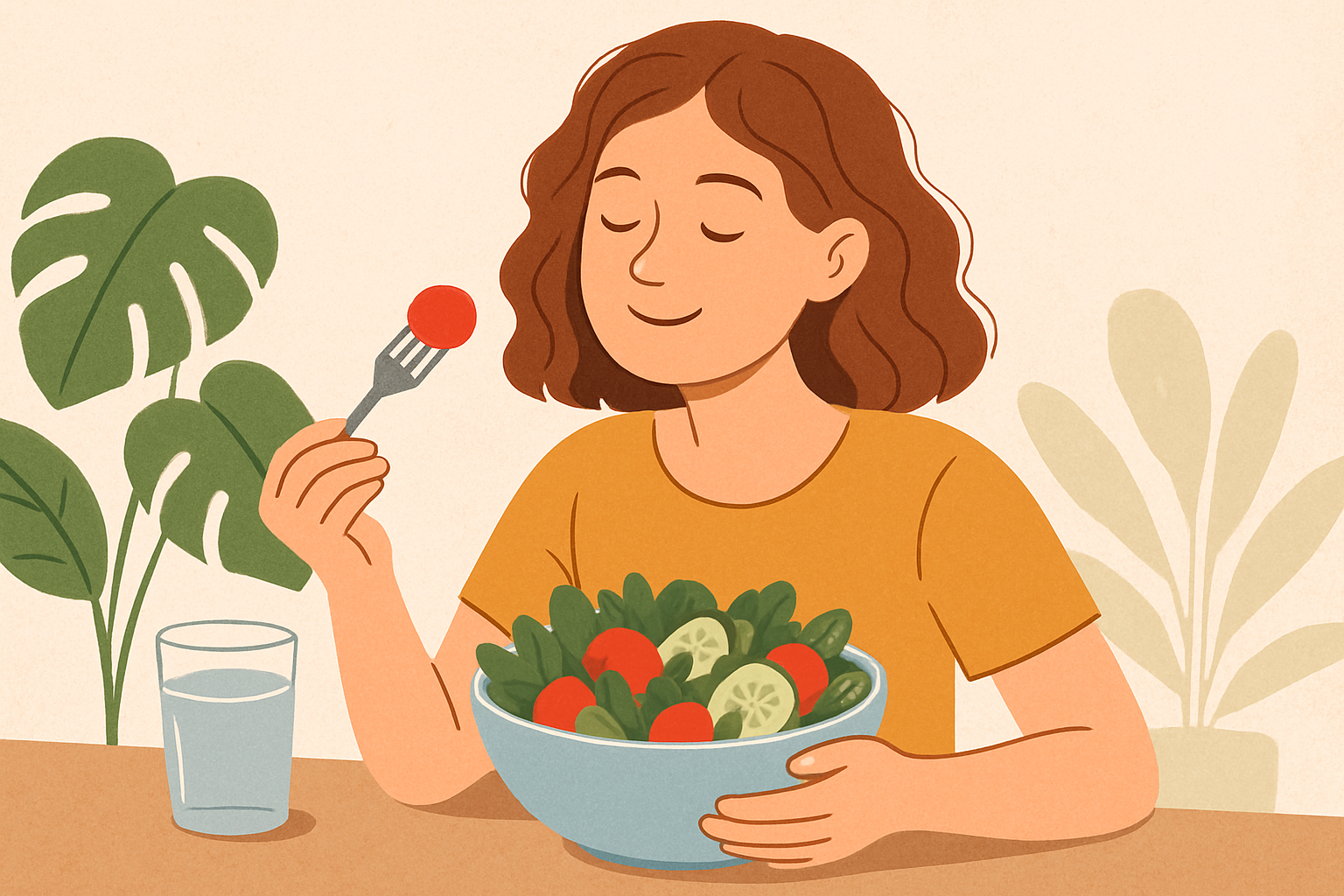Emotional balance is not about avoiding difficult feelings. It’s about learning how to move through emotions with awareness, stability, and self-compassion. The way you live your daily life—what you focus on, how you treat your body, and how you care for your mind—shapes your emotional state more than you might realize.
By developing small, supportive habits, you can strengthen your ability to respond to stress, stay grounded through challenges, and maintain a more centered inner life.
Start With Intentional Mornings
How you begin your day influences how you feel for the rest of it. Starting with a calm, intentional routine helps anchor your emotions and reduce early-day stress.
Try waking up without immediately reaching for your phone. Instead, stretch, breathe deeply, or spend a few minutes journaling or setting intentions. Even something as simple as making your bed can signal to your brain that you’re starting fresh.
Stay Connected to Your Body
Physical movement is one of the most effective ways to regulate emotions. It boosts endorphins, releases stored tension, and helps process emotional energy.
You don’t need a long workout. A short walk, light stretching, or dancing to music in your kitchen can make a noticeable difference in your mood.
Pay attention to your posture and breathing during the day. When you feel overwhelmed, pause to sit up straight and take a few slow, deep breaths. This small reset calms your nervous system and brings clarity.
Nourish With Purpose
What you eat and drink affects your emotional balance. Choose foods that stabilize your energy and blood sugar throughout the day.
Include protein, fiber, and healthy fats at each meal to stay satisfied and focused. Stay hydrated by drinking water regularly, and avoid excess caffeine or sugar, which can lead to energy crashes and irritability.
Food isn’t just fuel—it’s part of how you support your emotional health.
Take Mindful Breaks
Modern life is filled with noise and speed. To stay emotionally steady, build in moments of stillness.
Take five minutes between tasks to stretch, breathe, or step outside. Close your eyes and check in with how you feel. These pauses help you respond instead of react.
Even short breaks taken with intention can reset your perspective and reduce emotional buildup.
Practice Mental Hygiene
Just like brushing your teeth, your mind needs daily care. Journaling, meditation, gratitude lists, or simply naming your emotions help you process what’s happening internally.
Start a journal where you check in once a day with three questions: How do I feel? What do I need? What am I grateful for?
These simple prompts improve emotional awareness and help you stay in tune with your inner world.
Set Clear Boundaries
Boundaries protect your energy and prevent emotional overload. Learn to say no when something doesn’t feel right, and don’t overcommit out of guilt or fear.
Creating time for yourself isn’t selfish—it’s essential. Give yourself permission to rest, disconnect from screens, and recharge regularly.
Get Enough Rest
Sleep is foundational to emotional health. Without it, your brain struggles to regulate mood, manage stress, and think clearly.
Aim for a consistent bedtime and nighttime routine. Dim lights, disconnect from devices, and create an environment that supports deep, uninterrupted rest.
A well-rested brain handles emotional challenges with far more resilience.
Stay Connected to Others
Strong relationships support emotional balance. Make time to check in with people who uplift you. Share what you’re feeling, ask for support when needed, and offer the same in return.
Even a short, genuine conversation can regulate your nervous system and remind you that you’re not alone.
Be Kind to Yourself
Self-compassion is a habit too. Speak to yourself gently when you make mistakes. Replace inner criticism with understanding.
You don’t have to get everything right to be worthy of care. Emotional balance isn’t about never feeling off—it’s about knowing how to come back to center.
Final Thoughts: Create a Steady Foundation
Your daily habits shape your inner world. By moving with intention, eating with care, resting deeply, and connecting meaningfully, you create an environment where emotional stability can thrive.
Start with just one small habit today. Build from there. Over time, you’ll notice that your emotions feel less like a storm—and more like waves you know how to ride.

